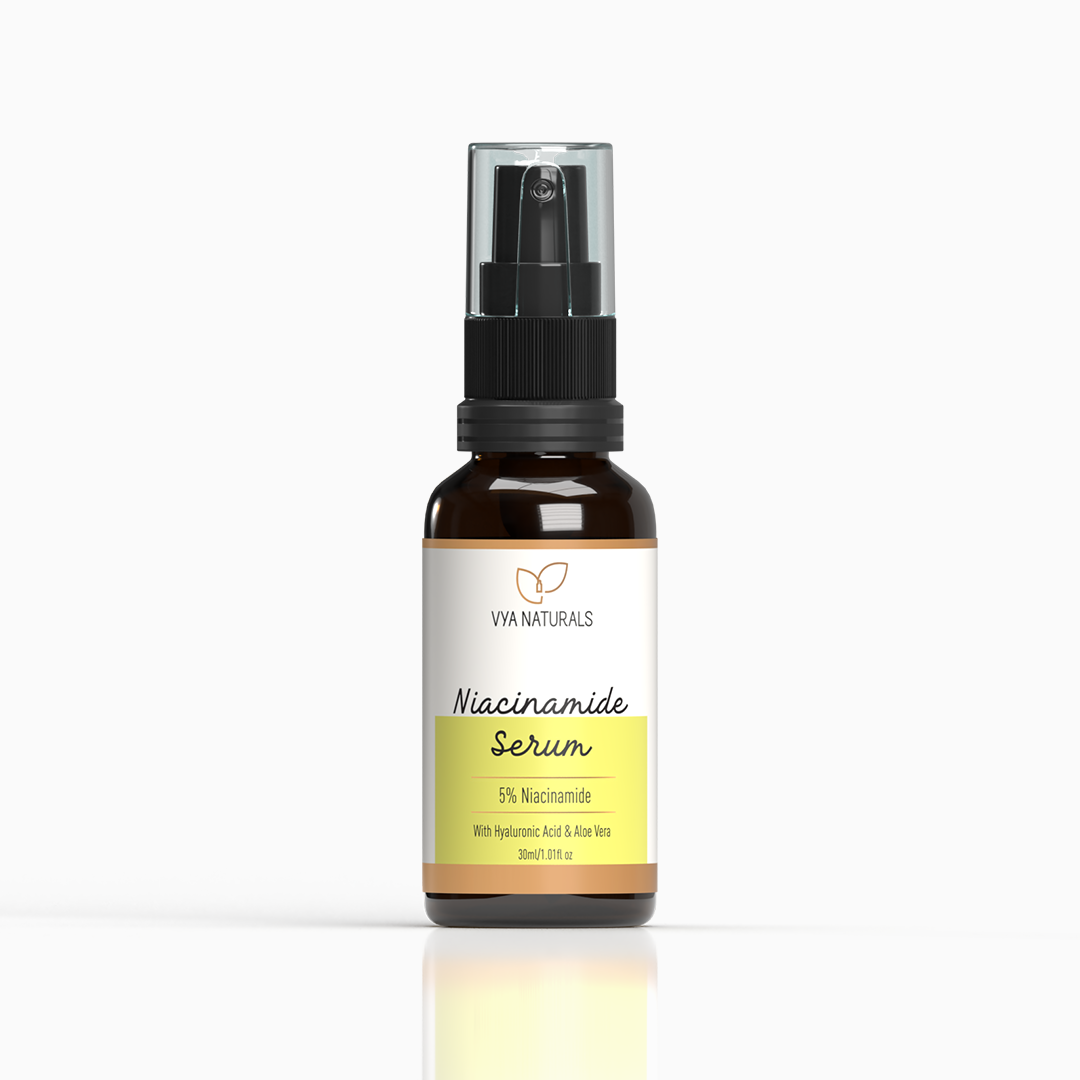Face cleansing is the most basic step in any everyday skin-care regimen. With customers becoming more informed than ever, the humble cleanser is the surprise winner in the skin-care race. Single, double and even triple cleansing routines have set the stage for a variety of facial cleansers. From foams to gels to balms and clays the face wash formulas have gone from simple to bio-technical! Many have little in common with the good old soap bar - a staple for the baby boomer. To test all products and figure out the best solution for you is impossible. So we thought why not pitch-in and help. Here are a few guidelines for you to follow.
How To Choose A Cleanser?
Let's first start with: What is Cleanser? Don’t get taken in by slick marketing and brand hype. The function of a daily cleanser should be straightforward - to clean dirt, oil and other build-up on the face, to unclog pores, to prevent breakouts and to prepare the skin for the next step in the skincare routine. In short, a good face wash must magically make the bad stuff disappear and leave intact the good stuff like natural oils or sebum.
"Cleansing is the foundation of good skincare and hence you can harm your skin by using the wrong face wash."
What is pH?
We are sure you’ve seen and read all about the pH on product labels or on beauty blogs. What is it and how does it affect washing your face? pH is a figure expressing levels of acidity or alkalinity and is measured on a scale of 0 to 14. pH 7.0 is considered neutral, or balanced, pH above 7.0 is considered alkaline (or basic) and pH below 7 is considered acidic.
"Our skin’s natural pH is 5.5"
The ideal pH of a face wash should be similar to the skin’s pH as it will be more gentle on your skin. Many cleansers available in the market have sulfate-based formulas that lather up easily. These are most likely to have higher pH and can strip off the good stuff from the surface of the skin. If, after washing, your skin feels tight, dry or red, that means the cleanser or face wash formula was too strong. This can be because, the surfactant in your face wash or cleanser has stripped off significant part of the natural oils that act as your skin’s barrier. That “squeaky clean” feeling that we prefer is, a very unhealthy state for our skin to experience. The ideal face wash should cleanse your skin without making it feel dry or tight. As a result, your skin should feel clean but also nourished and moisturized after cleansing.
Oil Vs. Water - The Better One
Most cleansers available in the market can be classified into two categories: oil based and water based. Oil-based cleansers are great for maintaining the skin barrier and also help remove oil based dirt such as makeup and sunscreen. They are a good choice for dry or normal skin. However, remember that an oil-based cleanser will leave behind some residue, so make sure to follow up with a gentle water based cleanser. You can check out water-based cleansers from Vya Naturals. This is quite simply the double cleansing method. If your skin is oily or acne prone, look for a water-based gel cleanser. Try and avoid foaming cleansers with sulfates as these will lead to natural moisture loss. We also recommend avoiding face wipes as these are not a substitute for washing your face. Wipes do not thoroughly cleanse your face and leave ingredients behind that may irritate the skin. They are also not very environment friendly - they are single use and throw which in turn generates unnecessary waste.
How Often Should You Wash Your Face?
Many people may simply be over washing their face. Over-cleansing leads to dry and dehydrated skin destroying the skin barrier. For instance, this could also allow bacteria to enter and cause breakouts, inflammation, irritation etc If you have a good skincare routine, you should do a full cleanse at night to get the day’s dirt, grime and makeup off your skin. Make sure you apply your serums and moisturizers after a good wash to help nourishing and restore your skin. In the morning you can give your face a quick wash or use a face mist to wipe off any remaining product from the night routine before applying your daily serums, moisturizers and sunscreen.
To Scrub or Not to Scrub?
Over-cleansing and over-scrubbing go hand in hand. The truth is “our skin naturally exfoliates itself through programmed cell turnover.” Therefore, you should be scrubbing once a week, if you have dry or normal skin and two times a week if you have oily or combination skin.
DISCLAIMER:
Content of this website is not a substitution for professional medical advice, diagnosis, or treatment. We do NOT replace any relationship that exists, or should exist, between you and a medical doctor or other healthcare professional. Results given in testimonials/reviews are from real people who have used Vya Naturals products, but identical or similar results are not guaranteed. Individual results may vary depending on skin type, sensitivity, lifestyle, age, skincare products combinations, skincare history, as well as how the products are applied and stored.




